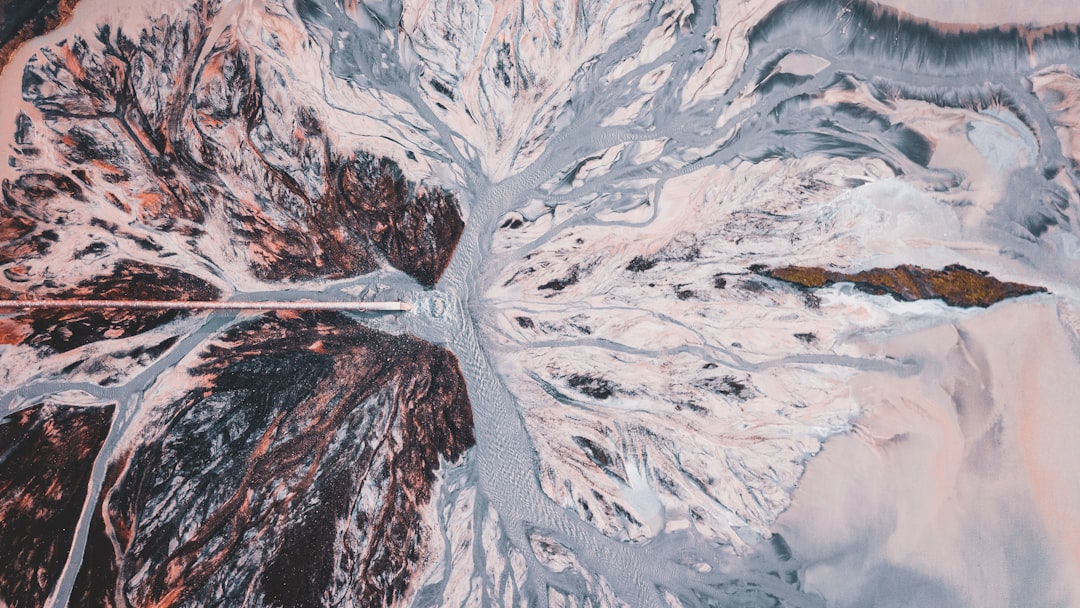Bacteria are tiny, single-celled organisms that are found in almost every environment on Earth. They play a crucial role in the functioning of ecosystems and have a significant impact on the stability and dynamics of these systems. But what if bacteria didn’t exist? How would this affect the world around us? In this article, we will explore the potential consequences of a world without bacteria.
Ecosystem Dynamics

by Ivan Bandura (https://unsplash.com/@unstable_affliction)
Bacteria are essential for the cycling of nutrients in ecosystems. They break down organic matter, such as dead plants and animals, and release nutrients back into the soil. Without bacteria, this process would not occur, and the build-up of organic matter would lead to a decrease in soil fertility. This would have a cascading effect on the entire ecosystem, as plants would struggle to grow and animals would have less food to eat. The absence of bacteria would disrupt the delicate balance of energy flow and nutrient cycling in ecosystems, leading to a decline in biodiversity and potentially causing the collapse of entire ecosystems.
Ecosystem Stability
Bacteria also play a crucial role in maintaining the stability of ecosystems. They help to regulate the population sizes of other organisms by competing for resources and producing toxins that can kill off other species. Without bacteria, there would be no natural checks and balances in place, and populations of certain species could explode, leading to overgrazing and overconsumption of resources. This would have a domino effect on the entire ecosystem, causing imbalances and potentially leading to the extinction of certain species.
Impact on Human Health

by Scott Warman (https://unsplash.com/@scottiewarman)
Bacteria are not only important for the functioning of ecosystems, but they also play a vital role in human health. Our bodies are home to trillions of bacteria, known as the human microbiome, which help us digest food, produce vitamins, and protect us from harmful pathogens. Without bacteria, our bodies would not be able to function properly, and we would be more susceptible to infections and diseases. In fact, many of the antibiotics and medicines we use to treat illnesses are derived from bacteria. Without bacteria, we would not have these life-saving treatments.
Economic Consequences
The absence of bacteria would also have significant economic consequences. Bacteria are used in a variety of industries, including food production, pharmaceuticals, and biotechnology. Without bacteria, these industries would suffer, and the global economy would be impacted. Additionally, the loss of bacteria would also affect agriculture, as crops would struggle to grow without the help of bacteria in the soil. This could lead to food shortages and higher prices for essential goods.
In conclusion, bacteria play a crucial role in the functioning of ecosystems and have a significant impact on the stability and dynamics of these systems. Without bacteria, the world would be a very different place, with potentially devastating consequences for both the environment and human health. It is clear that bacteria are essential for the balance and sustainability of our planet, and we must continue to protect and preserve these tiny but mighty organisms.
